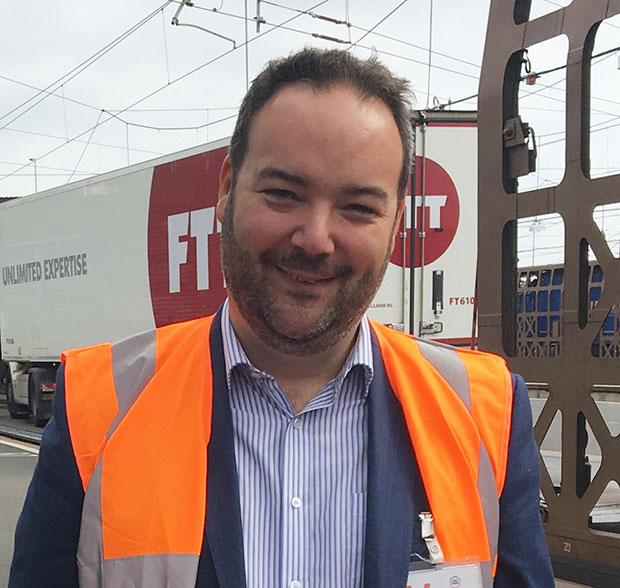As UK businesses across all industries respond to the growing requirements from customers and Government to reduce impact on the climate, the Cold Chain Federation is working to provide new insights and guidance for the journey towards a net zero UK cold chain.
 Part of this work is the creation of forums for discussion and sharing knowledge, and celebrating operators’ successes in key areas such as energy efficiency and decarbonising transport refrigeration. In March we hosted the UK cold chain’s first Climate Summit to explore the key issues, challenges and opportunities in responding to and preparing for net zero. The Summit, sponsored by ISD Solutions, Zestec Renewable Energy and Blue Cube PCS, saw more than 200 cold chain colleagues gather to learn, share and debate.
Part of this work is the creation of forums for discussion and sharing knowledge, and celebrating operators’ successes in key areas such as energy efficiency and decarbonising transport refrigeration. In March we hosted the UK cold chain’s first Climate Summit to explore the key issues, challenges and opportunities in responding to and preparing for net zero. The Summit, sponsored by ISD Solutions, Zestec Renewable Energy and Blue Cube PCS, saw more than 200 cold chain colleagues gather to learn, share and debate.
With topics covering everything from international cold chain development to technological innovation, I have no doubt that every person in the room came away from the Summit with something new to consider. For me, a particularly striking moment was hearing Claire Walters, Regional Vice President at Lineage Logistics, explain why Lineage is acting on “a million little things” such as waste walks and refrigeration system upgrades as well as major investments in areas such as solar energy generation.
During the Summit Professor Alan McKinnon of Kuehne Logistics University explored the different options we can expect over the coming decades for lower carbon transport, optimising use of cold chain assets, energy efficiency improvements and switching to alternative fuels in logistics. McKinnon’s advice that the challenge will get greater because we are currently still in the “low hanging fruit phase” of decarbonisation, gives us all cause to consider how we can prepare now for the climate requirements, impacts and opportunities of the medium and longer-term.
A major theme throughout the Summit’s discussions was the application of new and emerging technologies and how these innovations could enable us to consider new options. From hybrid air flow technology in blast freezing programmes, to exciting hydrogen fuel opportunities, to combining use of solar panels with wind turbines and battery storage technologies – there is no doubt that huge enterprise and investment is going into developing low carbon technology for the cold chain. The Summit gave us great insight into the latest innovations, and how they can be applied today and in the future.
We followed the Climate Summit by the inaugural Cold Chain Sustainability Awards, celebrating businesses and individuals leading the way towards more sustainable UK cold storage and temperature-controlled transport. The winners of the categories demonstrated great determination in their action on energy efficiency, remarkable technological innovation, and an unwavering commitment to championing the sustainability agenda. My congratulations to the first ever UK Cold Chain Sustainability Awards winners. You can find out more about the categories and the winners’ stories at: www.coldchainfederation.org.uk/cold-chain-sustainability-awards-2023.





Comments are closed.